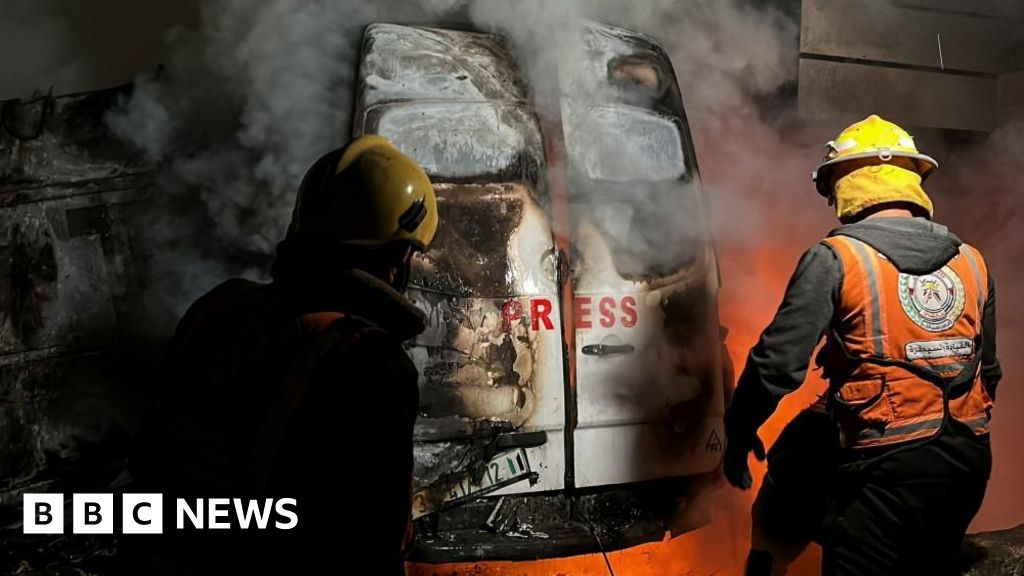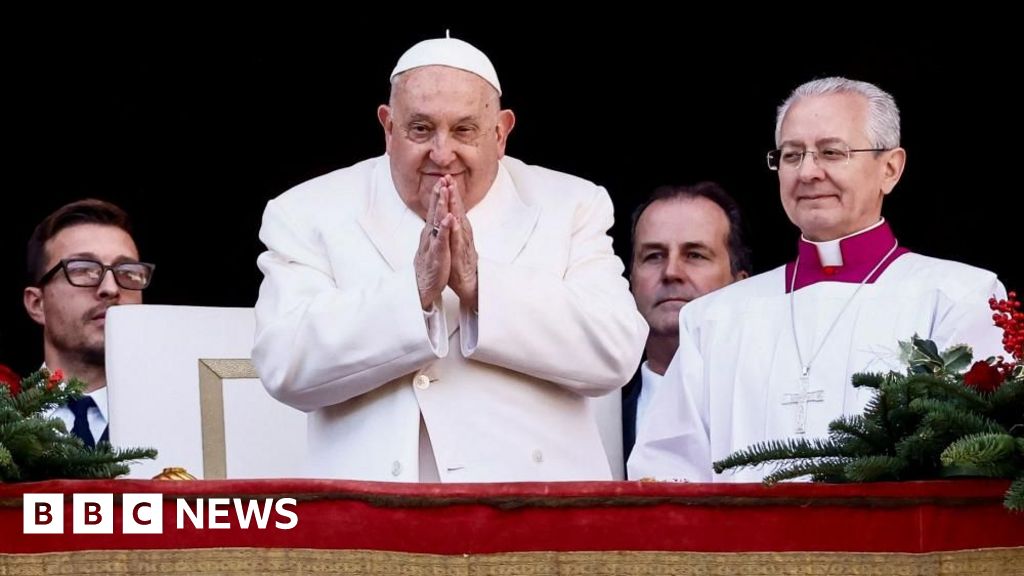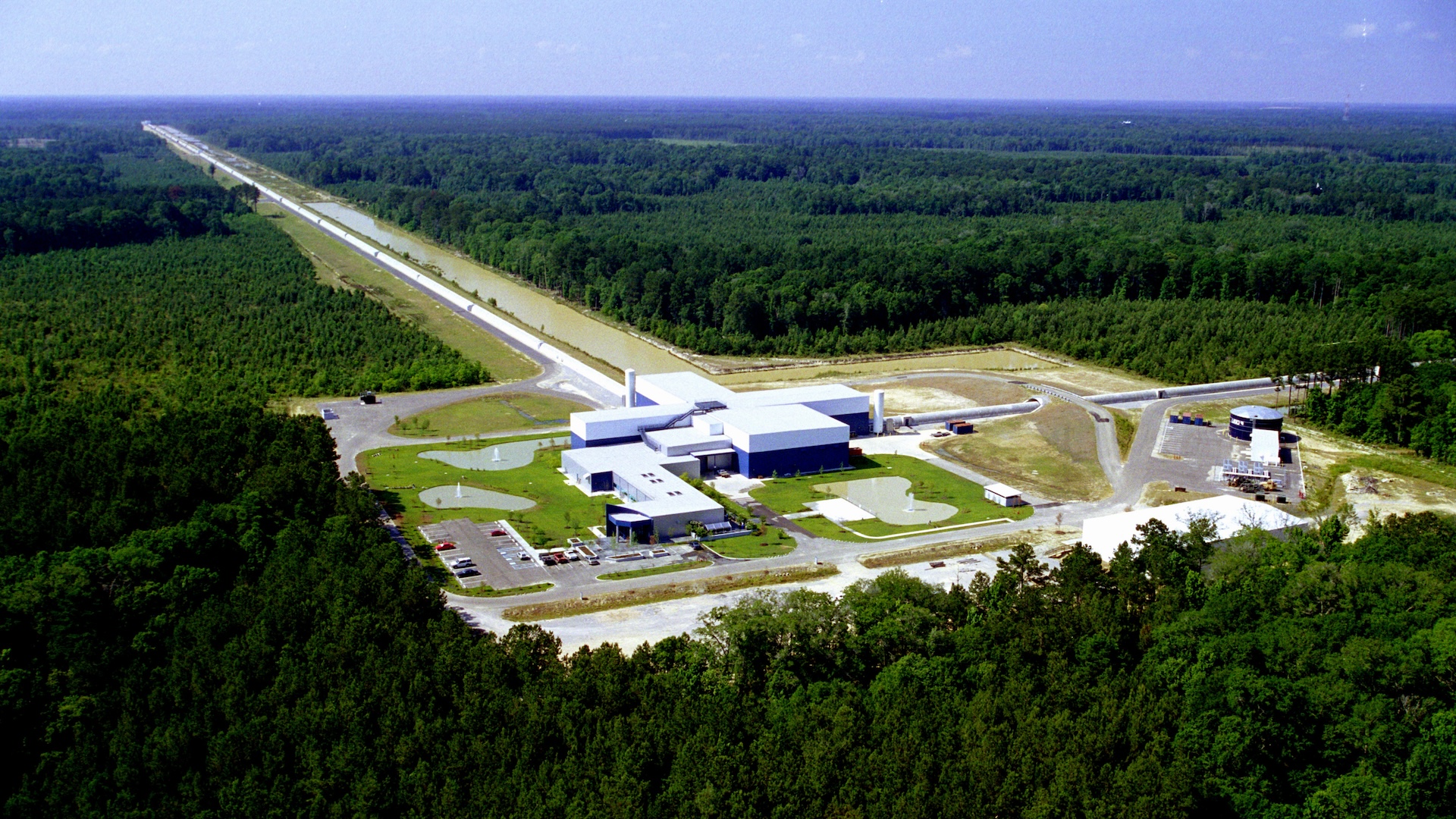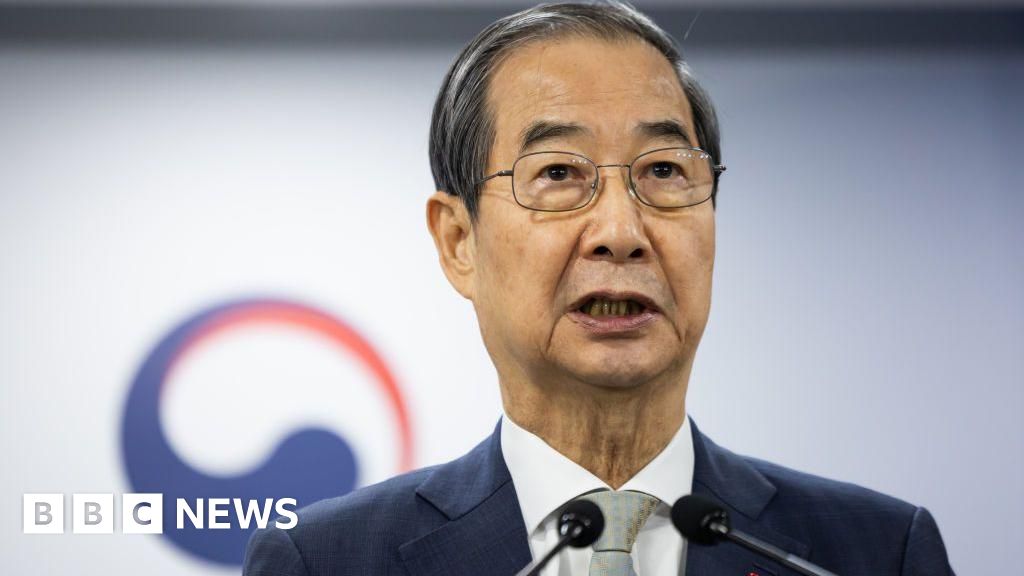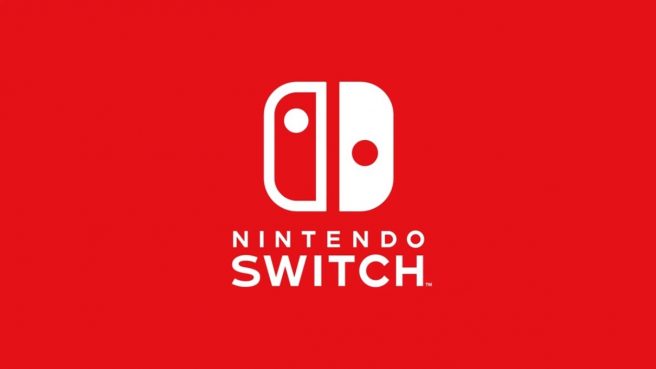The Modi administration had lately bestowed Bharat Ratnas to Karpoori Thakur and L K Advani — recognizing Thakur’s social justice heritage, particularly for EBCs, and the BJP’s Hindutva heritage highlighted by Advani.
The honor for Charan Singh, Rao and Swaminathan is similarly full of political messages on multiple fronts leading up to the 2024 Lok Sabha elections, continuing a Modi-era trend in State awards.Somewhat unusually, five Bharat Ratnas have been announced in a year, one more than the four in 1999.
Charan Singh was a prominent farmer leader with a strong base among the Jats of western UP. By bestowing upon him the highest civilian award, the Modi administration has extended goodwill to farmers in northern India and the Jat community in western UP, Rajasthan, and Haryana. Notably, the Jats of Haryana and western UP played a leading role in the year-long protest against the three farm laws enacted in 2021, at the national capital borders, eventually compelling Prime Minister Narendra Modi to declare their withdrawal.
The announcement comes at a time when there is increasing speculation about the Rashtriya Lok Dal, established by Charan Singh’s son Ajit Singh and now led by his grandson Jayant Choudhury, breaking away from the Opposition INDIA bloc to join the NDA. “Dil jeet liya (You’ve won my heart),” Jayant posted soon after the announcement of the award.
Previously, after the Bharat Ratna was bestowed upon Karpoori Thakur, who had pioneered EBC reservation in Bihar, the JD(U) parted ways with INDIA and joined the NDA.
But the significance of the award to Charan Singh doesn’t end there. The farmer leader spent 38 years in the Congress before splitting from the party in UP after it failed to secure a majority in the 1967 state Assembly elections, and left with 16 MLAs. He then became the Chief Minister with the support of the Jana Sangh — the BJP’s forerunner — alongside the socialists, the Communists, and the Swatantra Party. While that government’s tenure was brief, it didn’t deter Charan Singh. He returned as CM for another short period in 1970 with the support of the Congress.
After some further experiments with other parties, in 1977, following the Emergency, Charan Singh once again found himself in opposition to the Congress, joining the Janata Party, which was formed by the merger of various opposition parties including the Jana Sangh. He served as Deputy Prime Minister in the Janata government that came to power, in which later BJP luminaries Atal Bihari Vajpayee and L K Advani were also ministers. When the Janata party began to fracture due to its ideological contradictions, Charan Singh resigned.
This time, he became PM for a brief period with the support of Indira Gandhi’s Congress.
Therefore, the Bharat Ratna to Charan Singh is recognition for a leader who opposed the Congress and was a co-traveler of the Jana Sangh for some years. In his post on the Bharat Ratna, Modi said Charan Singh’s “deep dedication to our farmer brothers and sisters and his commitment to democracy during the Emergency are an inspiration for the whole country”.
The outreach to farmers is further evident in the award to M S Swaminathan. The Swaminathan Committee recommended in 2006 that the MSP should be 1.5 times the cost of production that a farmer incurs. He is also recognized as the architect of the Green Revolution in the 1960s, enabling India to become self-sufficient in foodgrain production. “Dr Swaminathan’s visionary leadership has not only transformed Indian agriculture but also ensured the nation’s food security and prosperity,” the PM posted.
However, the most significant choice for the Bharat Ratna Friday was former PM P V Narasimha Rao, the second lifelong Congress leader to be honored with this award by the Modi government after Pranab Mukherjee. Remarkably, both leaders had a strained relationship with the Gandhi family, and the Modi government’s honor for Rao comes at a time when the PM has escalated his criticisms of the Congress, particularly the Gandhis. It aligns with the BJP narrative that Congress leaders who do not have the Gandhi family’s support do not progress far in the party or find themselves marginalized.
For the BJP, the honor to Rao also serves more purposes, as he is viewed as the liberator of the Indian economy, as well as the PM who many believe permitted the Babri Masjid demolition in 1992. While the Congress did not recognize Rao for some time after his term as PM ended, the Bharat Ratna supports the BJP’s claim that the Congress mismanaged the economy while tacitly honoring a leader who significantly boosted the Ram Temple movement, which recently culminated in the consecration of the Ram Temple in Ayodhya.
Modi wrote on X, “As a distinguished scholar and statesman, Narasimha Rao Garu served India extensively in various capacities… (His) tenure as Prime Minister was marked by significant measures that opened India to global markets, fostering a new era of economic development.”
The BJP would also have had the Andhra Pradesh Assembly elections in mind, which coincide with the Lok Sabha elections. Rao, from the Telangana region, remains a source of pride for Andhra as the only leader from the unified state to have become PM. He also served as the CM of unified Andhra. The BJP, aiming to increase its Lok Sabha representation in the South, is currently engaged in discussions with both the ruling YSRCP and the main opposition TDP in Andhra, highlighting its importance to the two parties.
The others awarded Bharat Ratna since Modi took office in 2014 include educationist, freedom fighter, and former Congress president Madan Mohan Malviya; Vajpayee; Assamese singer and musician Bhupen Hazarika; and RSS leader Nanaji Deshmukh.
(with inputs by Deeptiman Tiwary)
Modi government announces 3 more Bharat Ratnas, leaving political messaging for five-person



